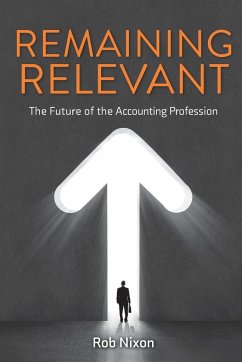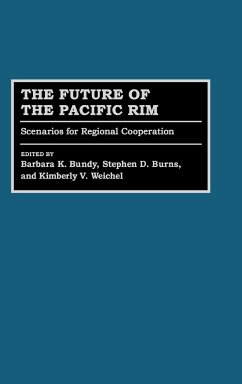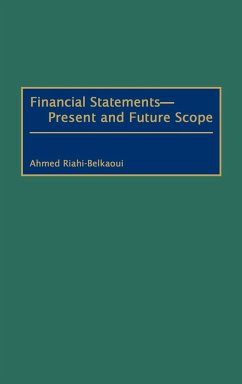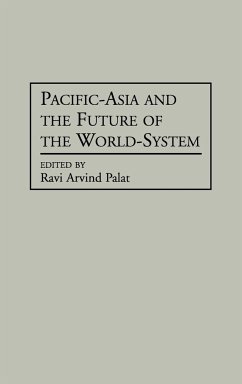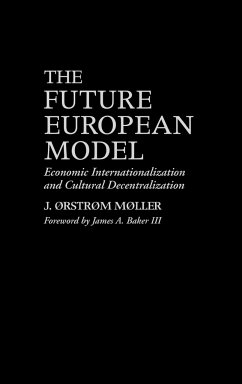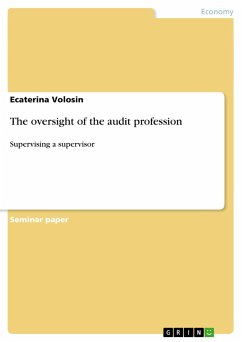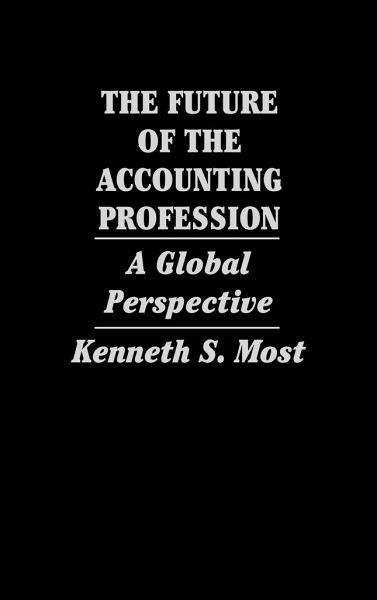
The Future of the Accounting Profession
A Global Perspective
Versandkostenfrei!
Versandfertig in 1-2 Wochen
88,99 €
inkl. MwSt.

PAYBACK Punkte
44 °P sammeln!
Public accountants are being attacked from all sides. Stock and bond holders, the United States Congress, the Securities and Exchange Commission, clients, and even members of the profession itself, all accuse accountants of failing in their watchdog duties as auditors and of approving financial statements that follow questionable accounting rules. Academic as well as other critics fault the profession for failing to innovate, particularly in respect to accounting for the effects of inflation. The attacks often take the form of litigation that has resulted in the payment of hundreds of millions...
Public accountants are being attacked from all sides. Stock and bond holders, the United States Congress, the Securities and Exchange Commission, clients, and even members of the profession itself, all accuse accountants of failing in their watchdog duties as auditors and of approving financial statements that follow questionable accounting rules. Academic as well as other critics fault the profession for failing to innovate, particularly in respect to accounting for the effects of inflation. The attacks often take the form of litigation that has resulted in the payment of hundreds of millions of dollars in damages by firms and their liability insurers. This situation is not unique to the United States. Similar attacks can be observed in Canada, the United Kingdom, and other countries. Indeed, the viability of the external audit is today in question, as public accountants increasingly seek to avoid potentially ruinous engagements and diversify into other activities. Drawing on his long and extensive experience as both practitioner and academic, the author traces the history of accounting and auditing, analyzing the factors---domestic and international---that have led to the contemporary problems of the profession. He prescribes measures that can and should be taken in order to restore public accounting to its former status and esteem. He proposes major changes in federal and state legislation, the current system of accountancy education and training, accounting and auditing standard setting, and existing models of historical financial reporting. In addition, he presents a blueprint for a new type of financial report designed to improve the utility of financial statements for investment decisions.



